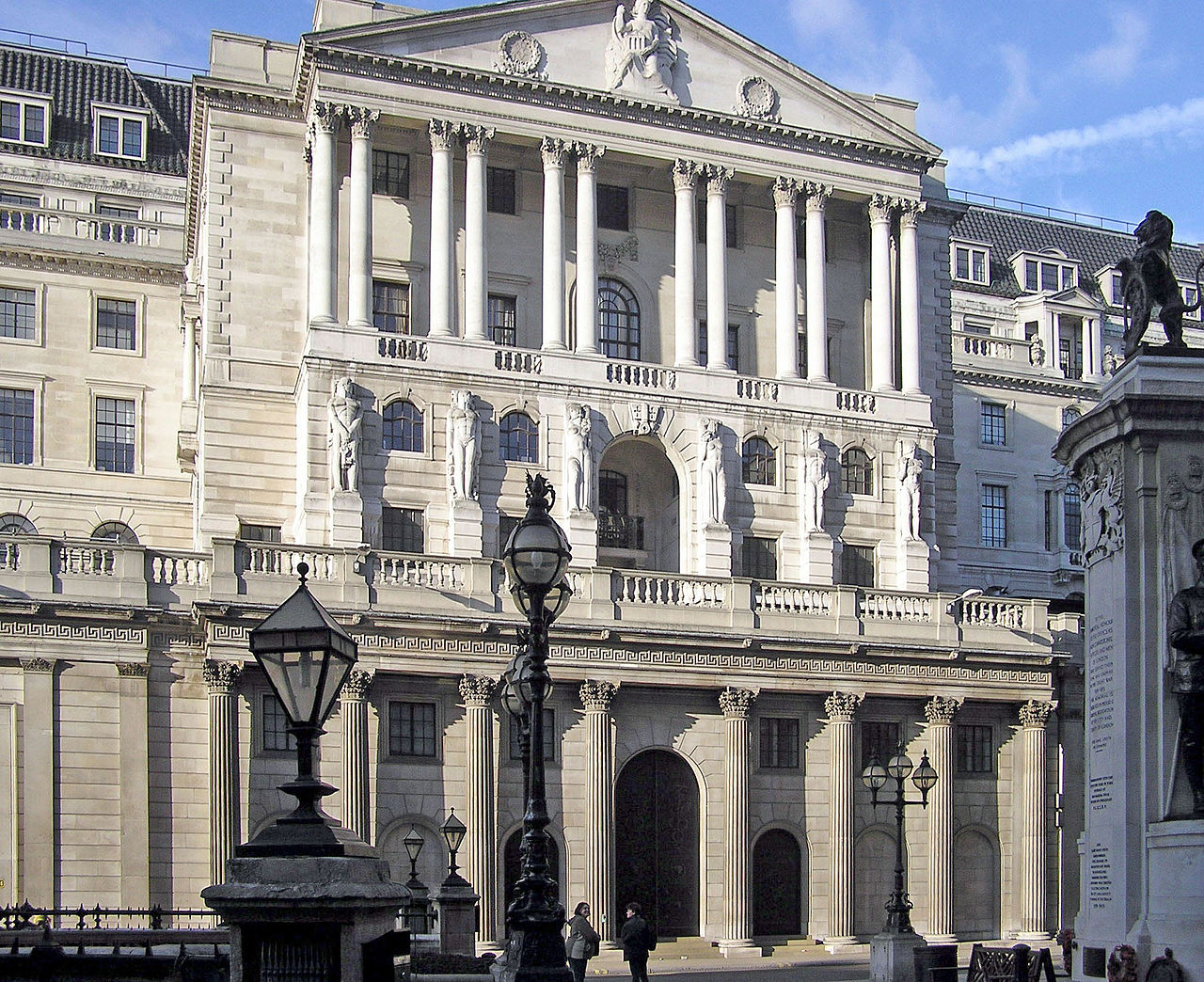Sterling has been one of the poorest performing G10 currencies since the BoE 6 August Inflation Report. The currency has depreciated about 2% against the USD and 3.6% against the EUR, with only the NZD and AUD weakening more.
The combination of a relatively dovish Inflation Report, in which the MPC indicated a high degree of uncertainty regarding the economic outlook and appropriate timing of rate rises, and more recent concerns about Chinese growth has led to a substantial re-pricing of BoE rate hike expectations throughout August.
At the beginning of the month, the UK interest rate market implied an 80% chance of a March 2016 BoE rate hike, versus just 40% currently. While the market pricing of Fed rate hikes was also pushed out over this period, the adjustment was smaller, as seen in UK-US 1-year versus 1-year, 1-year forward interest rate slope differentials, where the UK yield curve flattened to a greater degree, placing downward pressure on GBPUSD.
Recent GBP depreciation is likely to be confirmed this week. Thursday's BoE meeting and associated minutes should reveal an even more cautious monetary policy stance than that in the August Inflation Report, given recent Chinese growth concerns and financial market volatility.
Indeed, Governor Carney noted at the recent Jackson Hole Economic Symposium that while direct exposure of the UK economy to China is "relatively modest", a further material slowing of growth in China "could impart further imported disinflationary pressures over the policy horizon." Despite recent currency depreciation, the overall macro policy mix in the UK remains tight.
The GBP is about 6% overvalued on a real effective exchange rate basis and fiscal policy consistent with reducing the fiscal deficit by 2.3pp of GDP over the next two years.
"We continue to think the MPC remains uncomfortable with the persistent sterling strength. If the exchange rate does not continue to adjust lower, the market may price even further delays to BoE tightening," wrote Barclays in its research note.
July industrial production data (Wednesday) should also weigh on the GBP.



 BOJ Rate Decision in Focus as Yen Weakness and Inflation Shape Market Outlook
BOJ Rate Decision in Focus as Yen Weakness and Inflation Shape Market Outlook  Gold Prices Fall Amid Rate Jitters; Copper Steady as China Stimulus Eyed
Gold Prices Fall Amid Rate Jitters; Copper Steady as China Stimulus Eyed  Fed Confirms Rate Meeting Schedule Despite Severe Winter Storm in Washington D.C.
Fed Confirms Rate Meeting Schedule Despite Severe Winter Storm in Washington D.C.  BOJ Holds Interest Rates Steady, Upgrades Growth and Inflation Outlook for Japan
BOJ Holds Interest Rates Steady, Upgrades Growth and Inflation Outlook for Japan 































